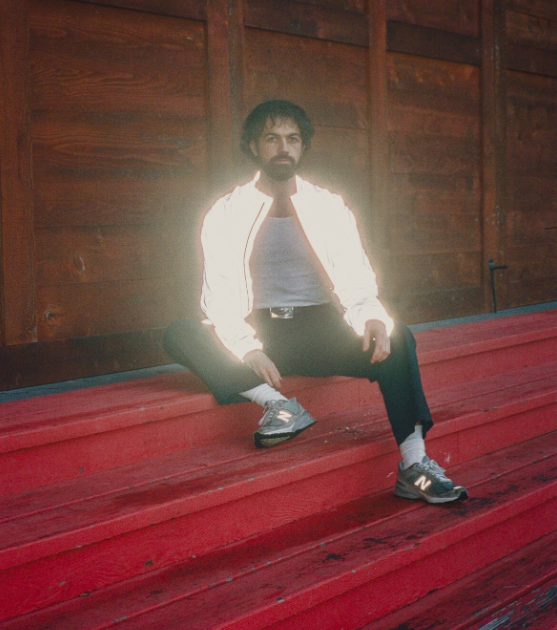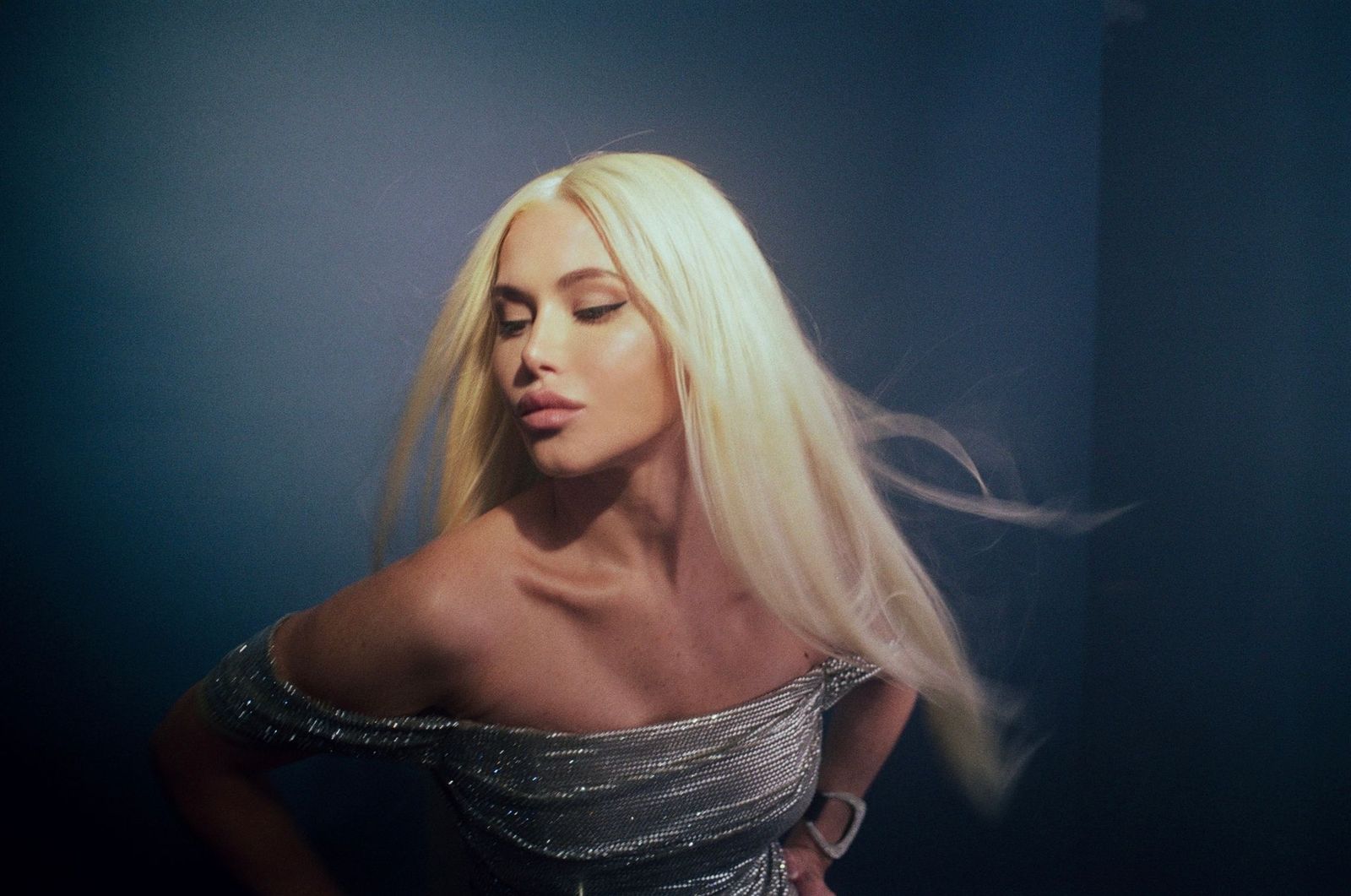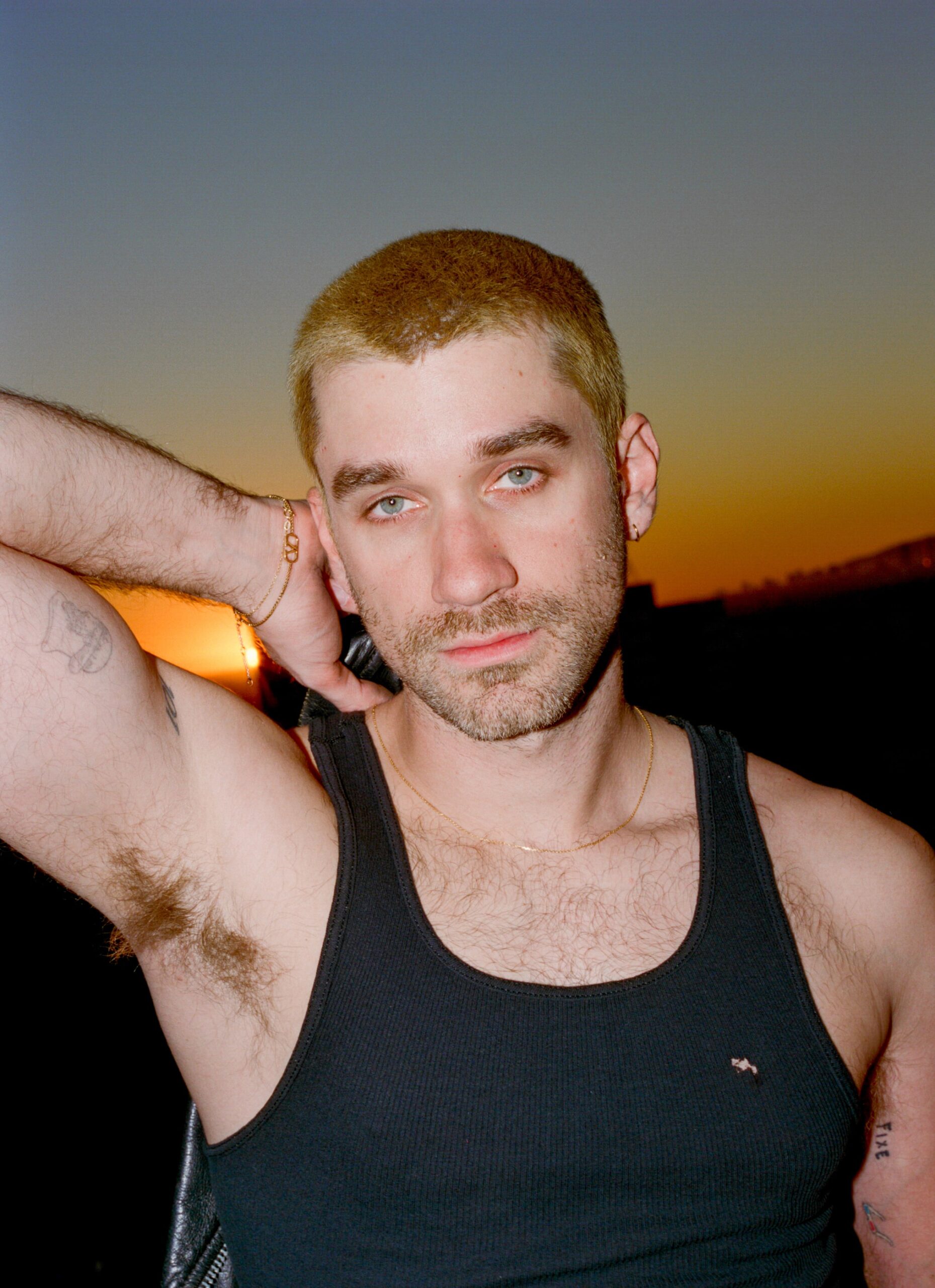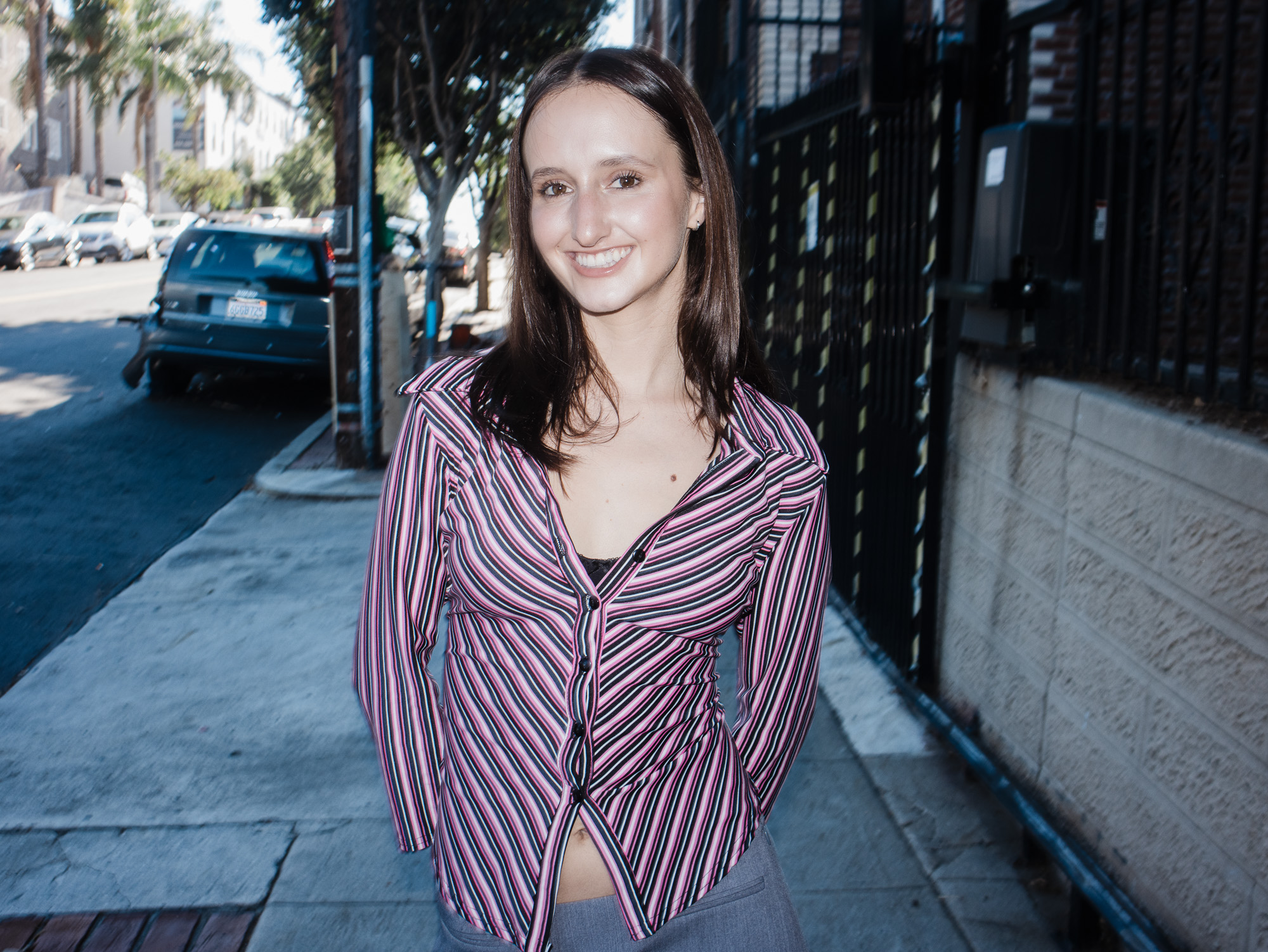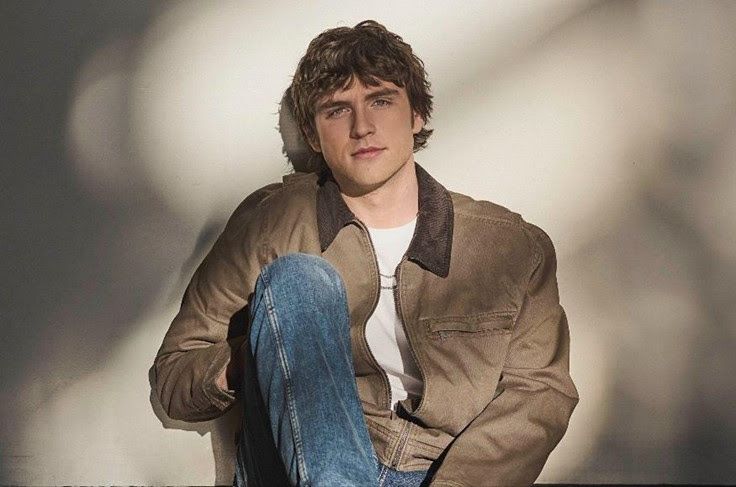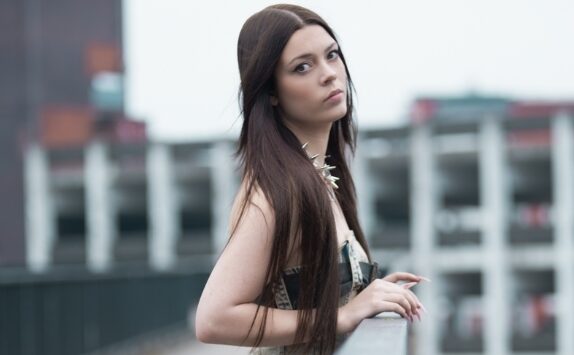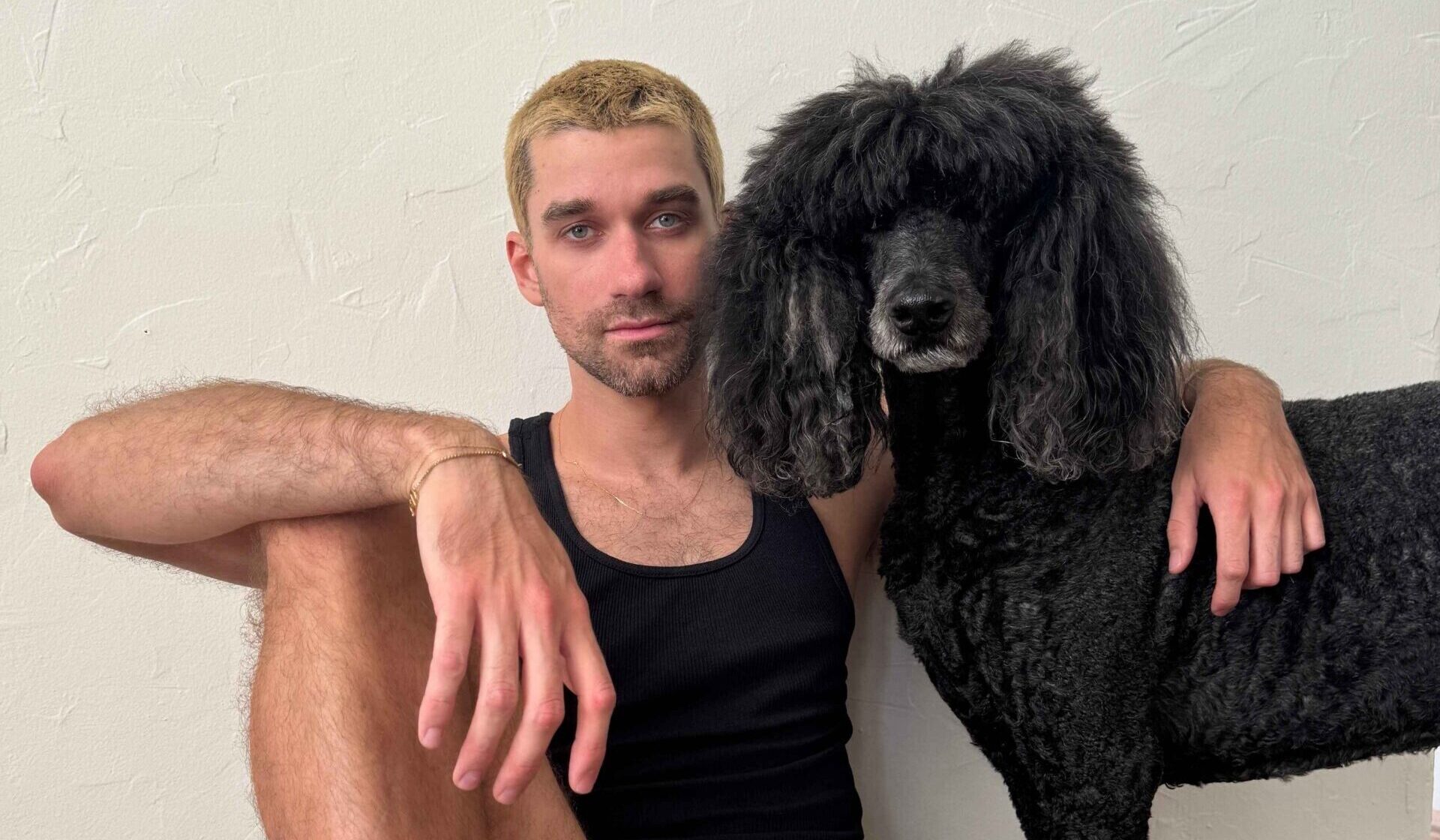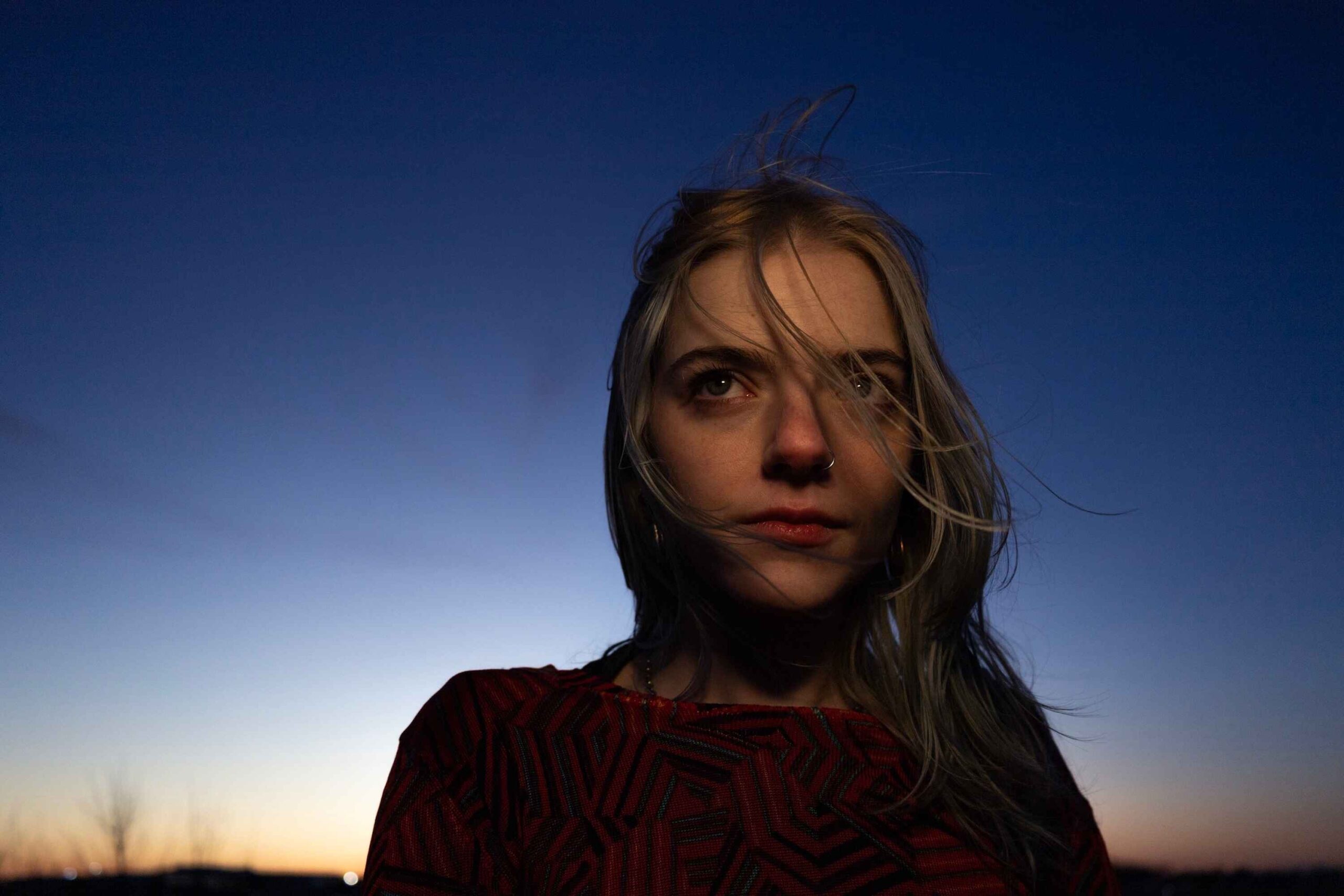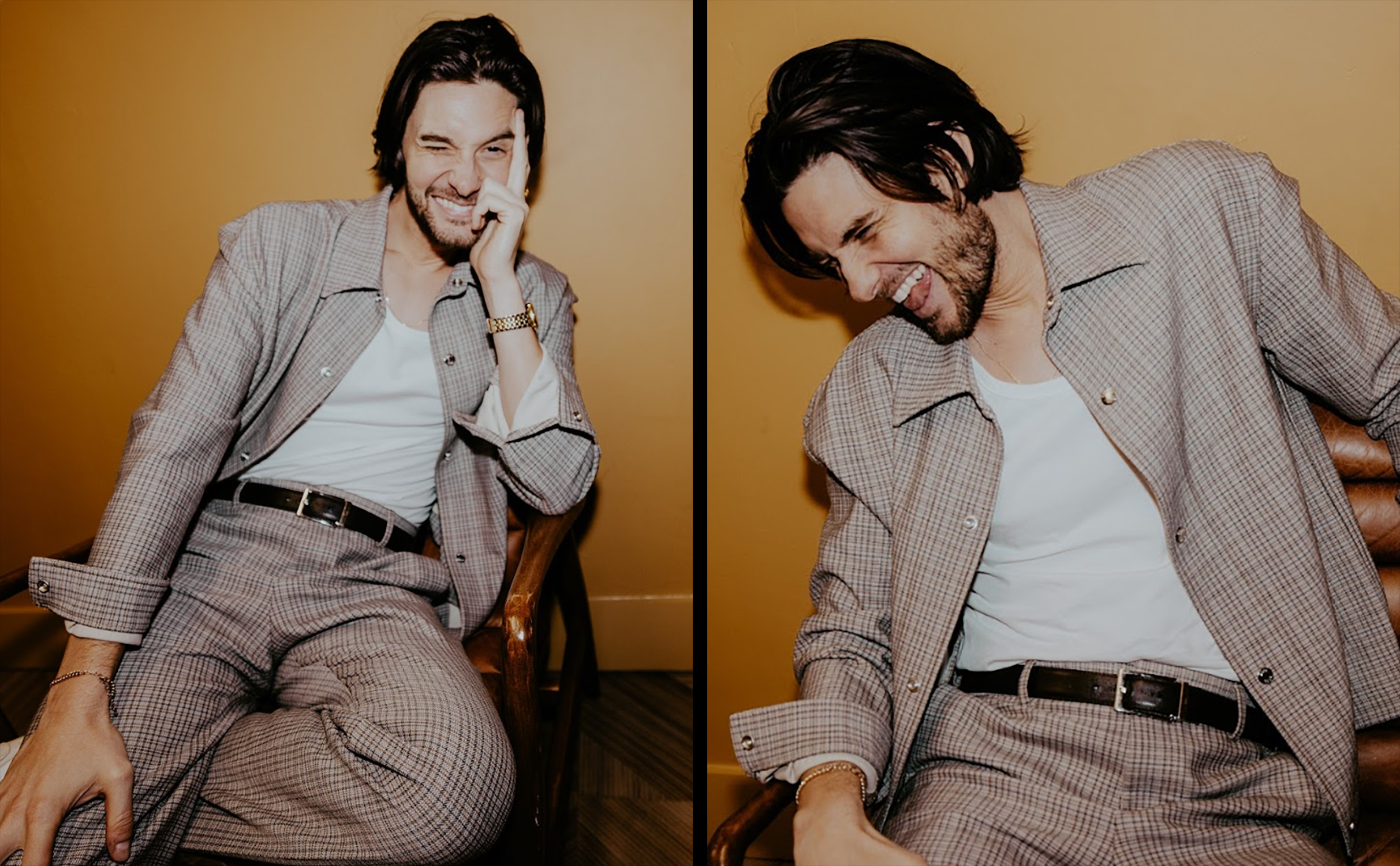Tutafarel, (pronounced [ˌtuː.tɑː.fəˈrɛl]) is the creative alias of Brazilian-born and Los Angeles-based multidisicplinary artist Raphael Rosalen. In preparation for his debut album, Monte Casanova, out December 5th, Rosalen has been introducing listeners to the world of Tutafarel: a fierce, sensual and danceable creative visionary. Today, Tutafarel shares the newest taste of Monte Casanova, with “PINEAPPLE DIESEL” a seductive, hypnotic, and moody track inspired by the details of Rosalen’s real life […]
